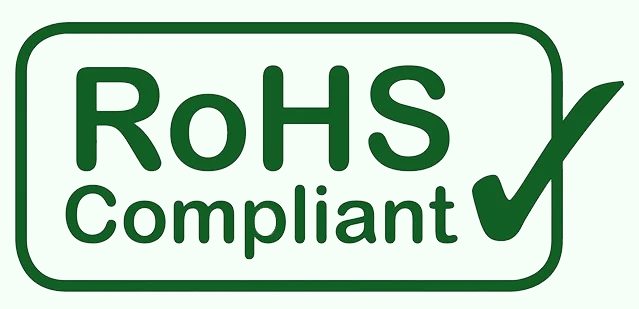Understanding CE and FCC Certifications for Mobile Accessories
-
January 3, 2025
-
1419
In today’s global market, ensuring that mobile accessories comply with international standards is crucial for manufacturers and consumers alike. Two prominent certifications in this realm are the CE mark and FCC certification. This article delves into their significance, application processes, and key differences.
CE Certification
The Conformité Européenne (CE) mark is a mandatory conformity marking for products sold within the European Economic Area (EEA). It signifies that a product meets EU health, safety, and environmental protection standards. For mobile accessories, this ensures that items like chargers, earphones, and cases adhere to stringent European directives, facilitating their free movement within the EEA.
FCC Certification
In the United States, the Federal Communications Commission (FCC) regulates interstate and international communications. FCC certification is essential for electronic products that emit radiofrequency energy, ensuring they do not interfere with other devices or networks. Mobile accessories, especially those with wireless functionalities like Bluetooth earphones or wireless chargers, must obtain FCC approval before entering the U.S. market.
Key Differences Between CE and FCC Certifications
1. Geographical Application:
- – CE Mark: Mandatory for products sold within the European Economic Area.
- – FCC Certification: Required for products marketed in the United States.
2. Scope and Standards:
- – CE Mark: Encompasses a broad range of products, ensuring compliance with EU directives related to safety, health, and environmental protection.
- – FCC Certification: Focuses primarily on electronic products’ electromagnetic compatibility and radiofrequency emissions to prevent interference with communication networks.
3. Testing Requirements:
- – CE Mark: Requires both emissions and immunity testing, along with product safety assessments.
- – FCC Certification: Primarily involves emissions testing; it does not regulate immunity or product safety.
4. Certification Process:
- – CE Mark: Manufacturers often self-declare conformity after thorough testing and affix the CE mark themselves.
- – FCC Certification: Involves a more formal process where products are tested by accredited laboratories, and certification is granted by the FCC.
Importance for Manufacturers
For manufacturers of mobile accessories, understanding and obtaining these certifications is vital:
– Market Access: CE and FCC certifications are prerequisites for entering European and U.S. markets, respectively.
– Consumer Trust: These marks assure consumers of a product’s compliance with safety and performance standards.
– Legal Compliance: Non-compliance can lead to legal repercussions, including fines and product recalls.
Conclusion
Navigating the complexities of CE and FCC certifications is essential for the successful marketing of mobile accessories in Europe and the United States. Manufacturers must ensure their products meet the respective standards to guarantee safety, performance, and regulatory compliance.
References
Getting FCC or CE Certified, The Inside Story – Hatchmfg (https://hatchmfg.com/getting-fcc-or-ce-certified-the-inside-story/)
FCC vs. CE: What’s the Difference Between FCC and CE? – Compliance Testing (https://compliancetesting.com/what-is-the-difference-between-fcc-and-ce/)
The 4 Essential Certificates For Electronics – Hatchmfg (https://hatchmfg.com/the-4-essential-certificates-for-electronics/)
CE Mark vs. FCC Testing: What Sets Them Apart? – Green Mountain Electromagnetics (https://gmelectro.com/blog/ce-mark-vs.-fcc-testing-what-sets-them-apart)
FCC Certification for Cell Phones Guide – Compliance Testing (https://compliancetesting.com/fcc-certification-for-cell-phones-guide/)






Leave a comment
You must be logged in to post a comment.